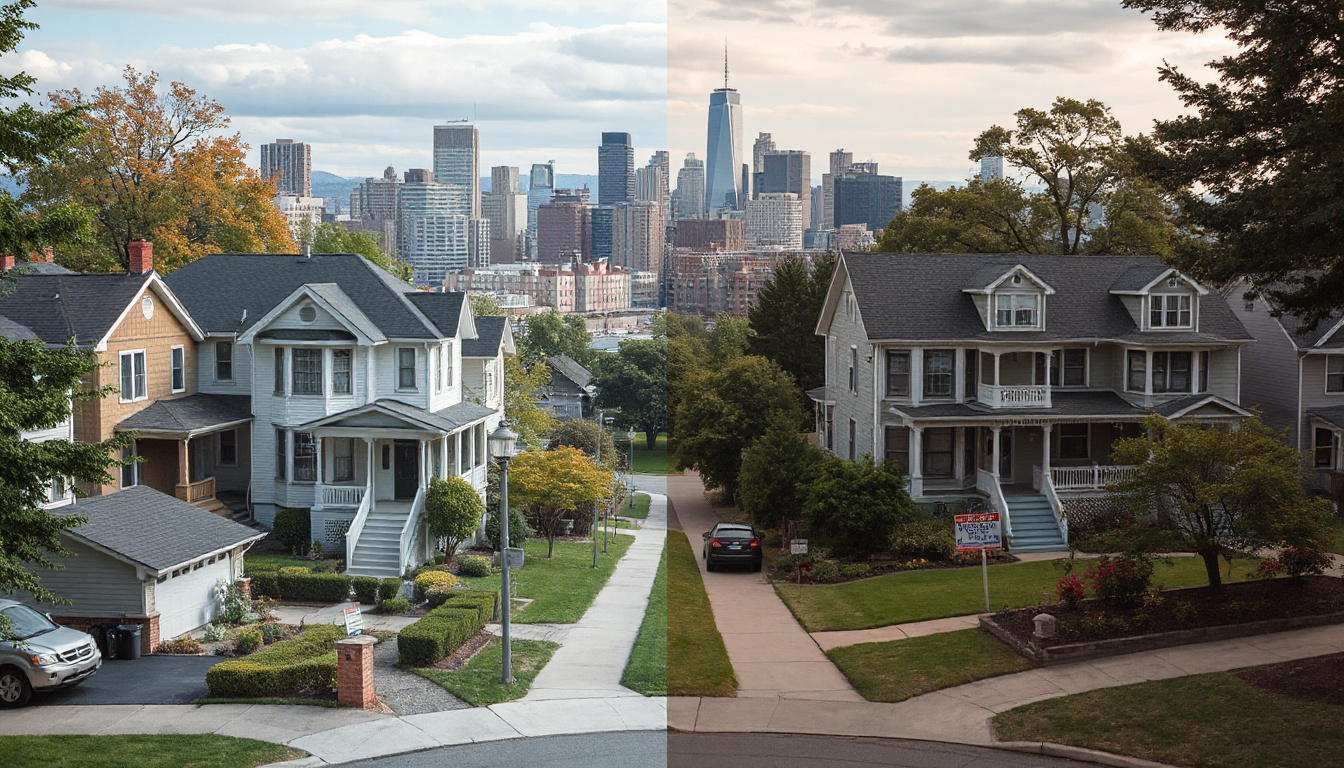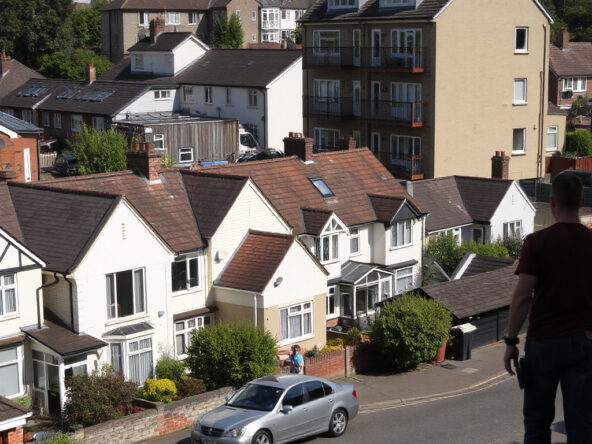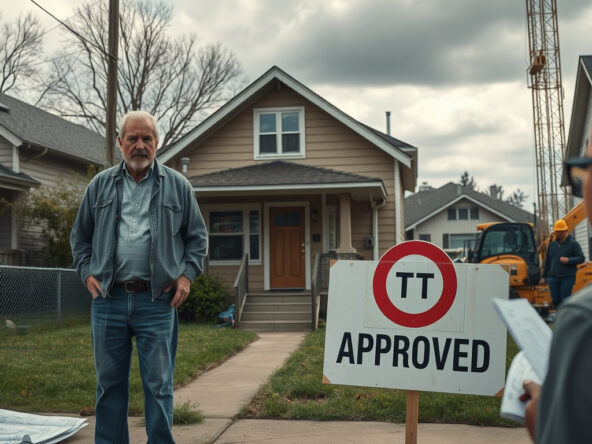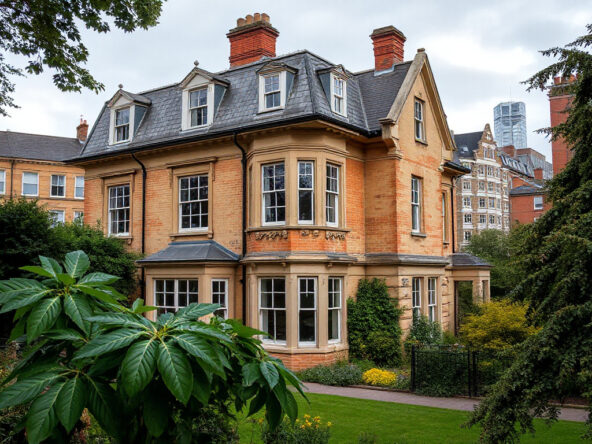Council Tax Rise for Second Homes: Policy Develops
Start: 1 April.
Local authorities – over 200 in England and Wales – act.
They impose a surcharge: second homes face a 100% council tax jump.
Tax doubles; homes, now taxed, hold a new burden.
Aim: ease the housing crunch; local people keep home space.
Overview of the New Policy
Tourism towns such as Cornwall and Norfolk lead.
Policy drives an extra £445 million into council funds.
Homeowners with a second Band D property pay roughly £2,171.
Surcharge shifts: tax climbs to roughly £4,342.
Condition: property must be furnished and not serve as main residence.
Buy-to-let holders stand aside for now.
Councils, through vote and a one-year alert, set the rule.
Implications for Homeowners and the Market
Power flows: central rule grants councils the right to tax.
Many councils, strained by rising costs, act.
Policy pushes second homes back into use.
Homes then open to first-time buyers or renters.
Some claim local life may see gains.
Yet, long-held family homes show strain.
Some owners might recast homes into holiday stays.
Future Prospects for Council Tax Policies
Government eyes may bring further tax hikes.
The current limit of 100% might break, reaching up to 300% in places.
Experts note: a double council tax could soon be a norm.
Tax law for second homes shifts; trends mark change.
Local price shifts may come, uneven across areas.
Conclusion
Double council tax on second homes marks a major shift.
Investors and owners face a new scene.
The rule works to push a fairer housing count.
Stakeholders weigh wider market effects.
Market trends—both local and state—demand close watch.



